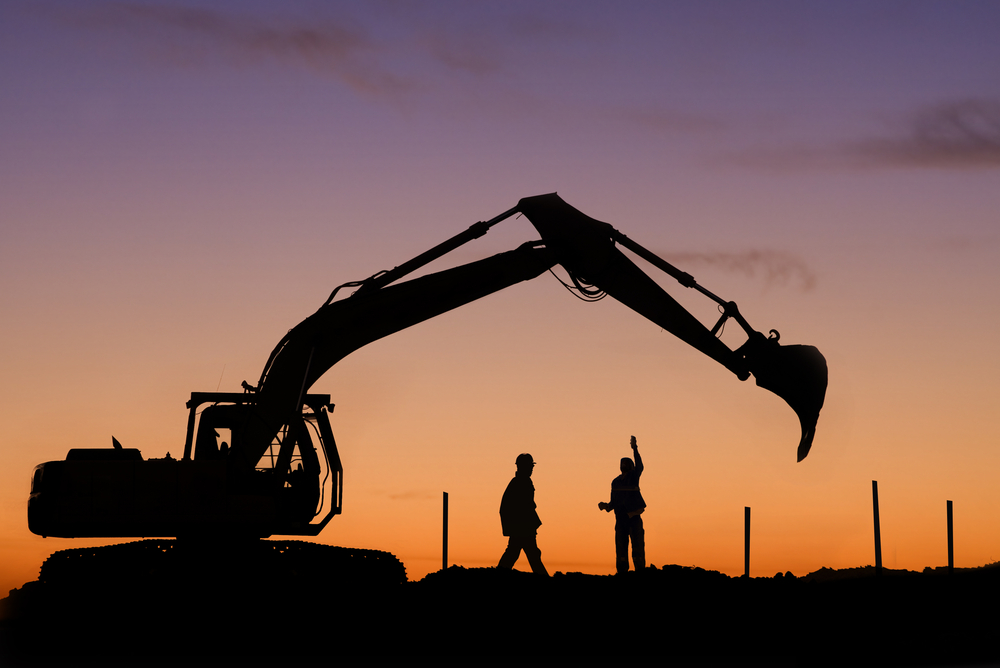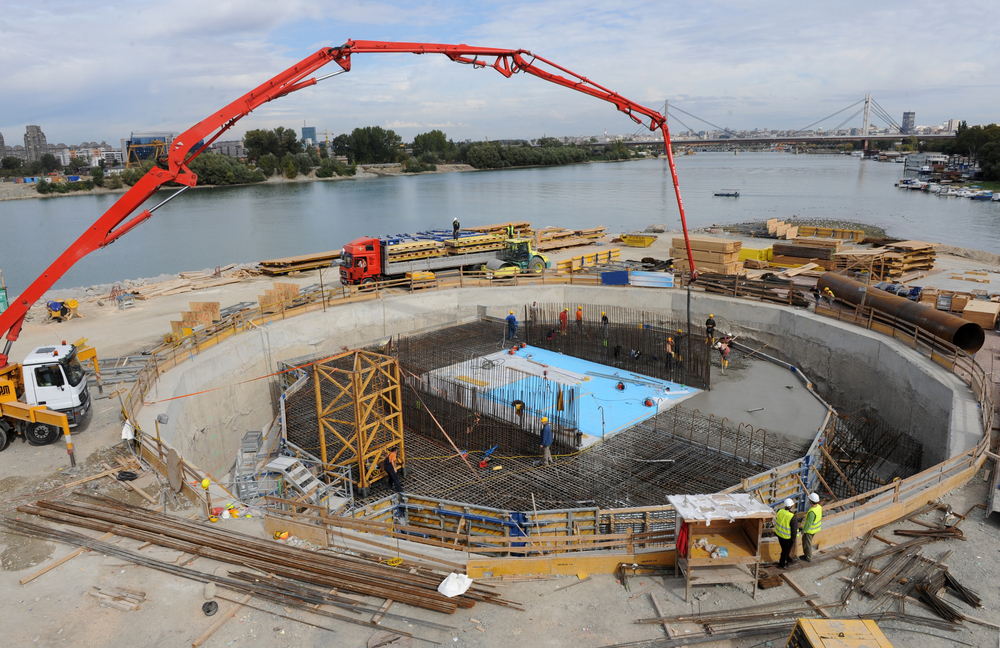Heavy Equipment Technician
September 29, 2016 buildyourpath_wpAbout the job
Equipment operator is the general term for all careers involving driving, maneuvering, and controlling heavy machinery, including cranes, pavers, excavators, and loading machines.


What you'll do
Although a variety of machinists fall into this category, most operators have similar duties. For example, they must ensure that all equipment functions properly for safe operation. They also clean, maintain, and make basic repairs to machines and are responsible for reporting any problems to their supervisors. To operate these machines, operators need to be able to push pedals, move levers, and turn valves; many of these positions also require special certifications to operate the machinery.
Becoming an equipment operator
Being a machine operator is considered to be a trade career, although some operators learn on the job. Many operators start their careers by learning techniques on smaller equipment or being supervised by a more experienced operator. Machines controlled by electronics and hydraulics require greater skill and possibly certification; however, a large number of operators complete an apprenticeship or attend technical school. The chief requirement to commence an apprenticeship is a high-school diploma or equivalent.

All the other details
Types of operators
- Operating engineers and other construction equipment operators work with loading machines such as bulldozers, excavators, and trenchers; they may also drive forklifts and industrial tractors.
- Paving and surfacing equipment operators work with machines devoted to paving asphalt and smoothing concrete for roadways or structures; they can specialize as all of the following as well.
- Asphalt spreader operators operate asphalt spreaders by turning the valves and regulating temperatures as asphalt is spread onto roadways; this specialization requires immense concentration in order to accurately control the flow of asphalt.
- Concrete paving machine operators operate machines used to spread and level wet concrete; they control levers and turn hand wheels and need to watch the surface of the concrete carefully to identify low spots.
- Tamping equipment operators use machines that compact soil for roadways and construction sites; they may also use machines that break up rocks or drive posts into the ground.
- Pile driver operators control machinery to drive piles, or large beams made of concrete, steel, or wood, into the ground; some pile driver operators work on offshore oil rigs.
- Material moving machine operators use cranes to arrange construction materials.
Skills needed
Hand-eye-foot coordination
Mechanical skills
Unafraid of heights
What you'll make
In 2017 the average salary was $39,555 with most people making between $30,614 and $44,026.